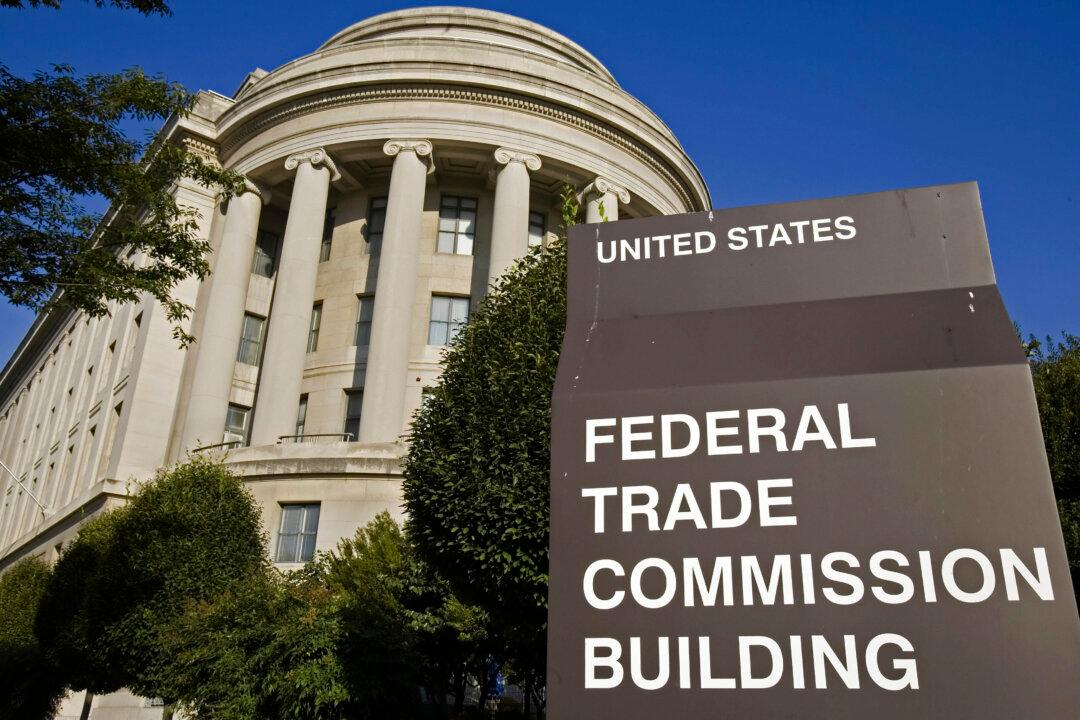California-based NGL Labs has been banned from offering its anonymous messaging app to individuals under the age of 18 because of numerous alleged violations, including allegedly subjecting minors to a considerable risk of bullying.
It is the first time federal regulators have banned a digital platform from hosting minors. The company will pay $5 million to settle a lawsuit brought by the Federal Trade Commission (FTC) and the Los Angeles District Attorney’s Office, the agency announced on July 9.





